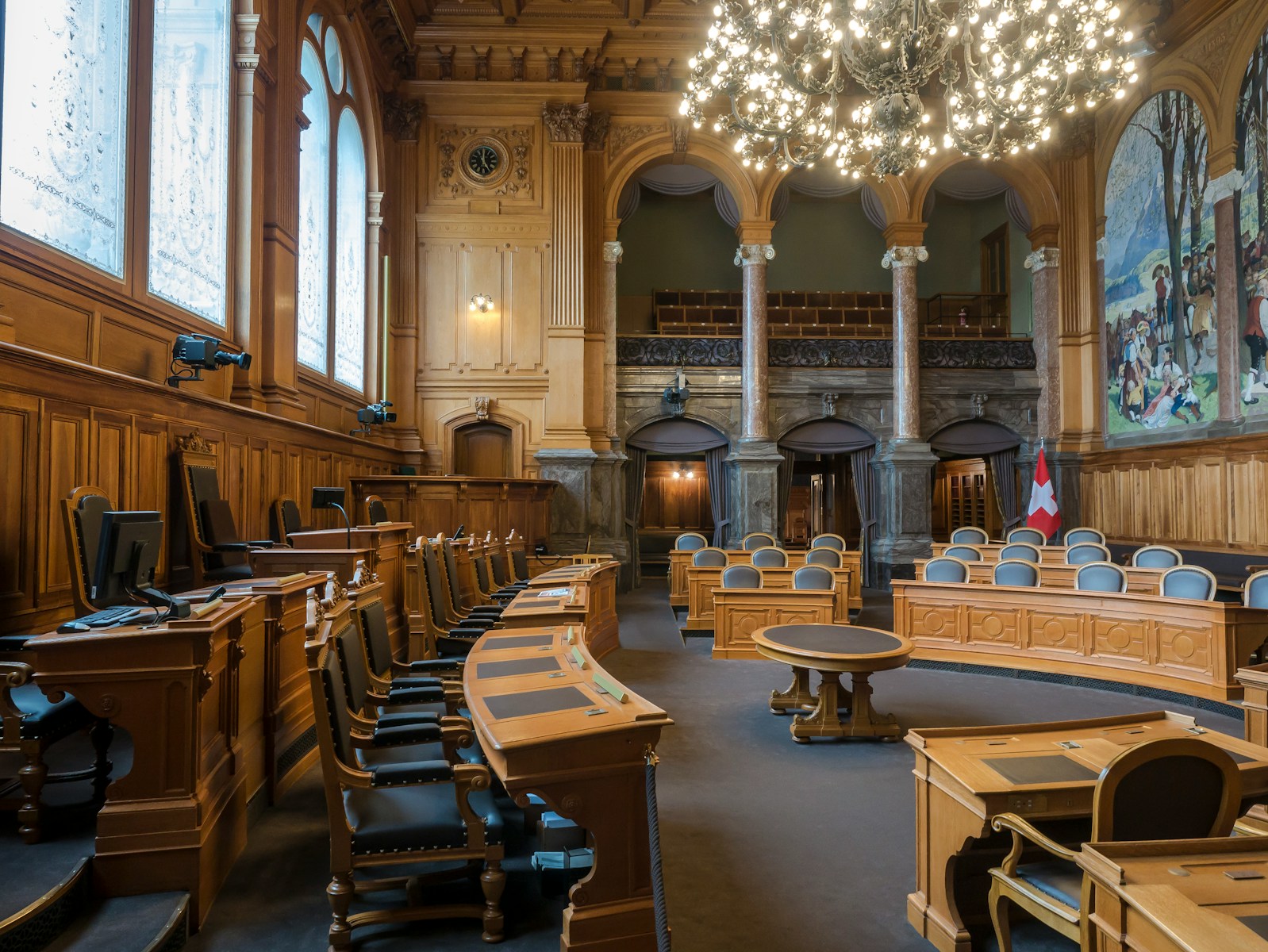Key Takeaways:
• Former FBI supervisor Rob D’Amico said the Blanche interview looked unprofessional.
• Ghislaine Maxwell faced few challenges when she downplayed Trump’s ties to Epstein.
• Experts warn only case agents and lead prosecutors should conduct such interviews.
• Critics say the Blanche interview seemed aimed at helping Trump, not seeking truth.
• The controversy fuels doubts about the Justice Department’s fairness.
Why the Blanche interview raised ethics concerns
The Justice Department released audio and transcripts of Ghislaine Maxwell’s recent interview. In that interview, Maxwell downplayed her friendship with Jeffrey Epstein and said Donald Trump had little contact with him. Instead of a trained prosecutor, the government sent Todd Blanche, former Trump lawyer, to lead it. This move stunned Rob D’Amico, a retired FBI supervisor. He called the Blanche interview “dumbfounding” and questioned its motives and ethics.
Who is Todd Blanche and why it matters
Todd Blanche once defended Donald Trump in court. Now he is second in command at the Justice Department. In this role, he should act impartially. Yet, critics see him as too close to Trump. They worry the Blanche interview was not neutral. Instead, they say it felt like a friend helping a client. This view caused strong reactions among law enforcement experts.
What went wrong in the Blanche interview
When Maxwell spoke, Blanche rarely pushed back on her claims. He never challenged her with witness statements or hard evidence. D’Amico said, “Anytime a case agent and the lead prosecutor aren’t doing the interview, there’s a reason for it.” He pointed out that the Blanche interview left out crucial questions and allowed Maxwell to guide the narrative.
Moreover, Maxwell’s denials about Trump and Epstein went unchallenged. For example, she claimed she barely saw Epstein after 2002. No one on the government side asked for specifics or proof. Instead, Blanche offered follow-up prompts that seemed to steer her answers. This push-and-pull suggested the Blanche interview aimed to protect Maxwell’s story.
Ethical standards for high-profile interviews
Experts note that interviews with key witnesses must follow strict rules. Normally, a trained case agent or lead prosecutor leads the session. They use witness statements, documents, and evidence to test the interviewee’s claims. They also object when a witness lies or dodges questions. However, the Blanche interview lacked these elements.
In addition, active listening and follow-up questions are vital. If someone lies, the interviewer must stop, point out the lie, and present evidence. That did not happen. Instead, Blanche quietly moved on, giving Maxwell no reason to fear contradiction. As D’Amico said, “When she starts lying, we have all these witness statements.” Yet none appeared.
The political spin and its impact
Some view the Blanche interview as a political maneuver. They say it benefits two sides. First, it helps Maxwell avoid further scrutiny by the Justice Department. Second, it shields Trump from any direct link to Epstein or Maxwell. This dual effect worries critics. They argue the Blanche interview undermined a serious investigation and fueled partisan divisions.
Furthermore, the optics are troubling. The public saw a high-stakes interview led by a political figure, not a neutral professional. This image dents the Justice Department’s reputation. People now wonder if political loyalty trumps the search for truth.
What comes next after the Blanche interview
The backlash to the Blanche interview triggered calls for an internal review. Lawmakers and watchdogs may demand an explanation. They want to know why Blanche, not a prosecutor, led this session. They also seek clarity on the DOJ’s goals: Was it justice or damage control?
Meanwhile, Maxwell’s legal team may use the flawed interview to challenge evidence in future trials. They could argue that the Justice Department did not treat Maxwell fairly. This tactic could slow or derail other cases linked to Epstein.
On the other hand, the DOJ might tighten its rules. It could bar political appointees from interviewing sensitive witnesses. That move would restore confidence and prevent a repeat of the Blanche interview.
Lessons for future investigations
This episode teaches a clear lesson: never mix politics with prosecution. Investigations of high-profile figures must follow strict, transparent steps. They must rely on trained experts who can use evidence to test claims. Otherwise, the findings lose weight, and public trust erodes.
Moreover, interviewers should always press when someone lies. They should present witness statements or documents on the spot. This tactic forces honesty and shows the government seeks truth, not spin.
Looking ahead, the Justice Department faces a choice. It can defend the Blanche interview as a one-time mistake. Or it can admit errors, make reforms, and ensure fairness. The second path may cost short-term face. Yet it will protect the DOJ’s long-term credibility.
Frequently Asked Questions
Who is Todd Blanche?
Todd Blanche is the Deputy Attorney General at the Justice Department. He previously served as Donald Trump’s lawyer. Critics say his close ties to Trump made the interview with Maxwell look biased.
Why did the Justice Department release the Maxwell interview?
They released audio and transcripts to show transparency in the Epstein-Maxwell probe. However, the move backfired when experts criticized the interview’s quality and ethics.
What did Rob D’Amico mean by “dumbfounding”?
D’Amico, a retired FBI supervisor, used “dumbfounding” to describe his shock at how poorly the interview was conducted. He felt it lacked the challenge and rigor expected in such sessions.
Could this affect other Epstein-related cases?
Yes. If the Blanche interview is seen as biased, defense teams might question the DOJ’s motives and methods. They could file motions to exclude evidence or demand new interviews.
How can the DOJ prevent similar issues?
The department can enforce rules that only trained case agents and lead prosecutors conduct key interviews. It can also require on-the-spot evidence challenges to discourage false statements.
